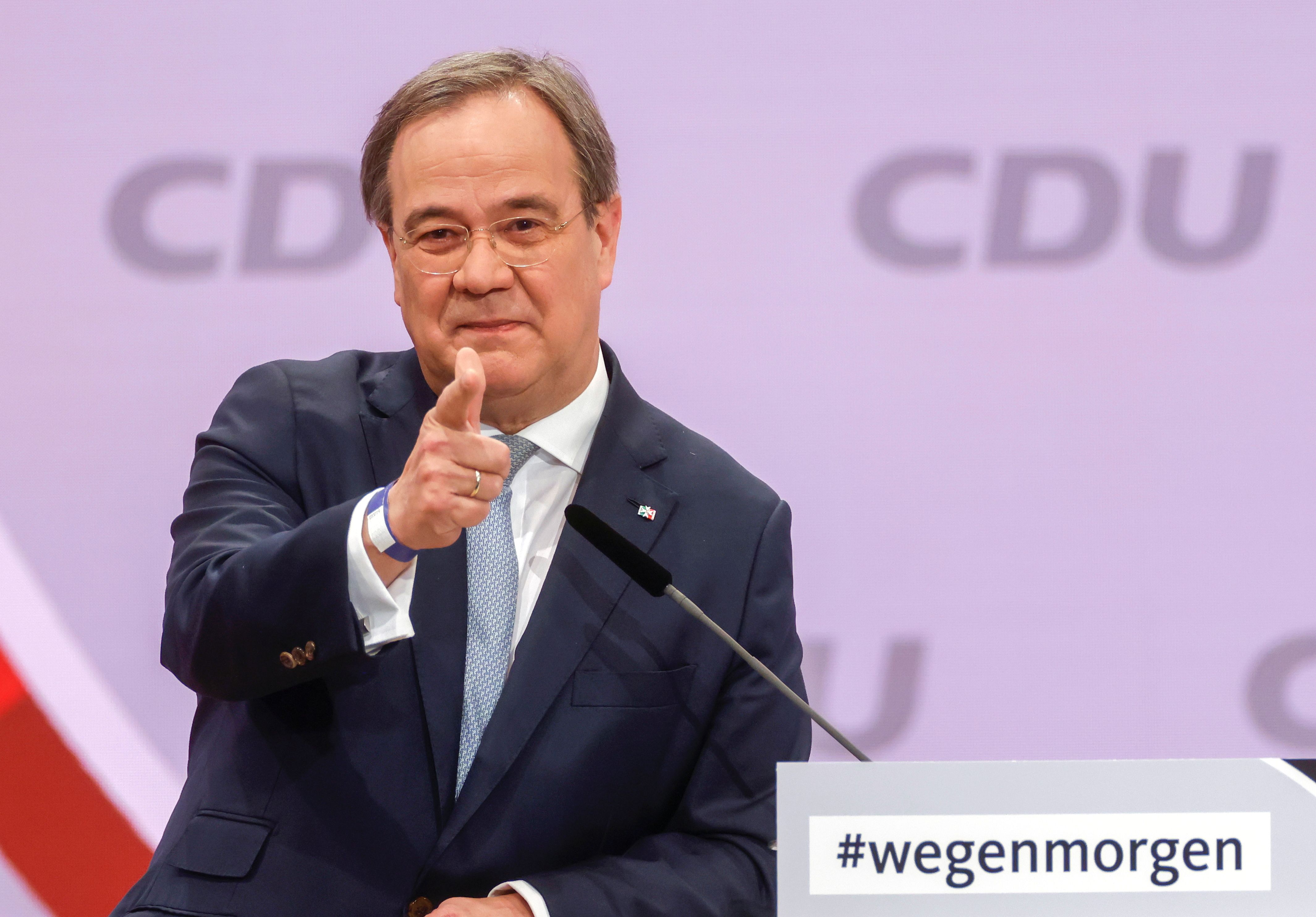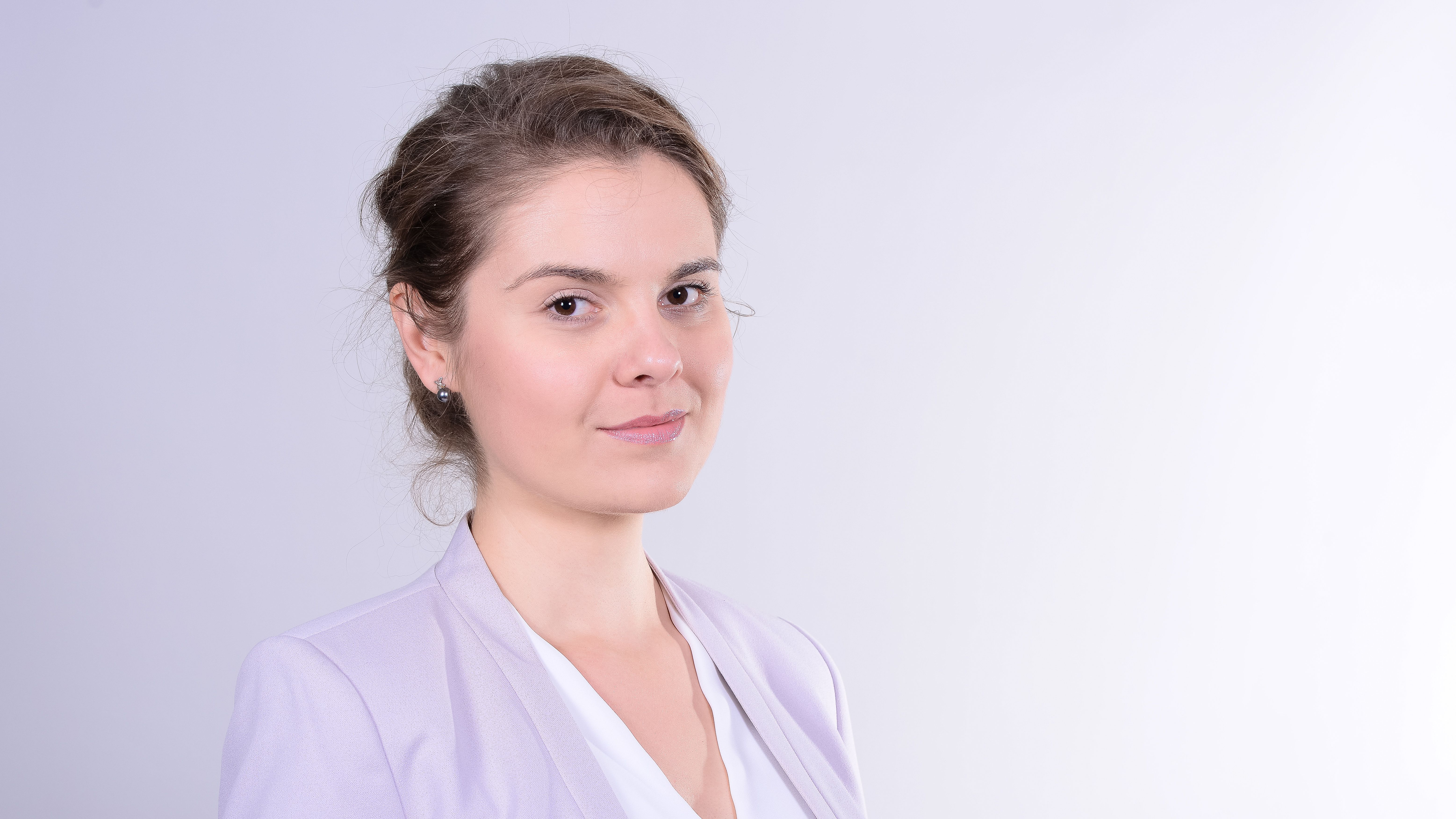Laschet Elected Chairman of CDU

How will Laschet’s victory affect the party’s programme?
Laschet presented himself as a candidate supporting the CDU centrist course. In contrast to his competitors, he signalled that he intended to continue the direction of the party set by Angela Merkel. The key to Laschet’s success was this centrist offer and, at the same time, the support of the federal minister of health, Jens Spahn, representing the conservative party in the CDU. The ambition of the successor of Annegret Kramp-Karrenbauer is to consolidate the grouping. This is to be served by, among others enhancing cooperation between the federal party board and regional structures. Failure of these efforts may lead to the formation of a new conservative party with a liberal economic profile, headed by Merz, who supports a return to a right-wing CDU.
How can Laschet’s election affect the outcome of this year’s Bundestag elections?
The new chairman will use his image as the successor of Merkel, the most trusted German politician, to ensure CDU’s high support in the regional elections and chart another victory for the Christian Democrats in the Bundestag elections in September this year. An important factor determining the nature of the election campaign will be the selection of candidate for the position of chancellor. If the CDU wins the elections in Rhineland-Palatinate and Baden-Württemberg in March, it would strengthen Laschet’s chances of being nominated. It is possible, however, that the new president will support the candidacy of Markus Söder, the highly popular Bavarian prime minister and CSU leader, or Spahn.
Will Laschet try to change Germany’s European policy?
The new CDU leader is more open to deepening European integration than Merkel. He may, for example, support French proposals for changes, including expanding the eurozone budget or the implementation of the Aachen Treaty arrangements concerning Franco-German projects in the field of artificial intelligence and the space industry. Laschet is also a supporter of the introduction of the principle of majority voting in the EU Council in the area of foreign and security policy. At the same time, he opposes the mechanism to allocate refugees across Member States and supports the protection of external borders and cooperation in migration policy with the countries of the Union’s southern neighbourhood. So far, he has taken a cautious position with regard to disputes over the rule of law, pointing to the need to resolve existing disputes before the Court of Justice of the EU. The new president is also sceptical about adopting overly ambitious climate targets that could harm the German economy.
How does Laschet view the transatlantic relationship?
Laschet expresses the hope that the presidency of Joe Biden will allow Germany to renew its relations with the U.S. The leader hopes to return to the negotiations on the Transatlantic Trade and Investment Partnership (TTIP) and supports deeper cooperation in the area of climate policy. He is an advocate of increasing Germany’s financial and military involvement within NATO, which may indicate his scepticism of calls for European strategic autonomy. An area where cooperation with the U.S. may be problematic is Laschet’s stance on China: his statements so far suggest that he is against adopting a tougher course against Germany’s largest trading partner.
What does Laschet’s victory mean for Germany’s eastern policy?
The new CDU chairman is among the supporters of continuing cooperation with Russia for the sake of Germany’s economic and security interests. Some of his statements indicate that he would be willing to break the deadlock in relations with Russia: he opposed withdrawing Germany from the Nord Stream 2 gas pipeline project after the poisoning of Russian oppositionist Alexei Navalny and warned against an increase in “anti-Putin populism” in Germany after the annexation of Crimea. Laschet could therefore be willing to support the French vision of EU-Russia relations, an element of which is the assumption that Belarus, Georgia, Moldova, and Ukraine will not become EU members.


